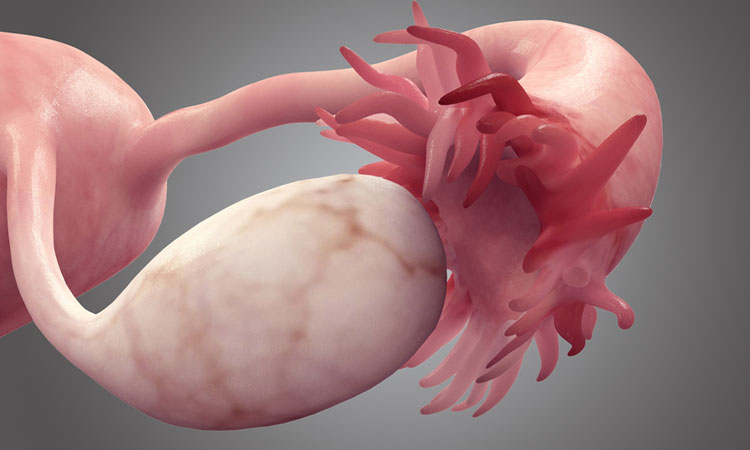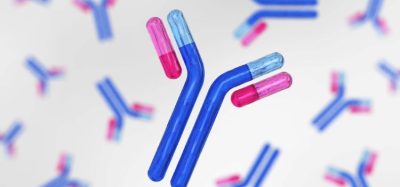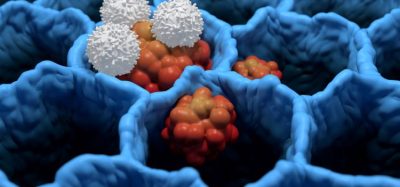Losartan could improve ovarian cancer treatment
Posted: 16 January 2019 | Iqra Farooq (European Pharmaceutical Review) | No comments yet
Researchers have found that losartan could be beneficial for those undergoing cancer treatment as it may enhance its effectiveness…


The hypertension drug losartan which targets the angiotensin signalling pathway, could help to improve the effectiveness of chemotherapy agents used to treat ovarian cancer.
The study, from Massachusetts General Hospital (MGH) used two mouse models to investigate the drug.
“We know that solid stress imposed by growing cancer cells and the extracellular matrix molecules they produce can compress blood vessels, reducing delivery of drugs and oxygen to tumours,” said Dr Lei Xu, of the Steele Laboratories for Tumor Biology in the MGH Department of Radiation Oncology, co-senior author of the report.
“The extracellular matrix itself can keep high-molecular-weight drugs from penetrating tumours, and angiotensin signaling contributes to matrix formation. Since levels of an important enzyme in the angiotensin pathway are elevated and associated with poor outcomes in ovarian cancer, we investigated whether use of losartan to decrease fibrosis could improve outcomes in animal models of ovarian cancer.”
In a series of experiments, the researchers found that treatment with losartan reduced extracellular matrix content and solid stress in ovarian tumours, which increased blood supply, oxygen levels and drug delivery. The team also looked at a mathematical model based on tumour physiology, which predicted that adding losartan to both low- and high-molecular-weight cancer therapies, delivered either intravenously or intraperitoneally, could improve outcomes.
The researchers also found that adding losartan to treatment with the chemotherapy drug paclitaxel enhanced the antitumor effect of intraperitoneal paclitaxel, and also reduced the development of ascites, which are accumulations of fluid in the abdomen that significantly reduce patients’ quality of life. Losartan was also found to deplete the extracellular matrix by inducing the expression of antifibrotic miRNA molecules, which could be used as biomarkers for response or resistance to chemotherapy.
“The entire class of angiotensin-targeting drugs that includes losartan has been shown to reduce collagen accumulation in cardiac and renal fibrotic disease,” said Dr Xu, who is also an Assistant Professor of Radiation Oncology at Harvard Medical School (HMS).
“Losartan is a safe, and inexpensive drug that would cost less than $1/day while making a significant difference for patients with ovarian cancer.”
The study was published in the journal PNAS.
Related topics
Analytical techniques, Clinical Development, Drug Development, Research & Development (R&D)









